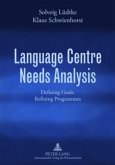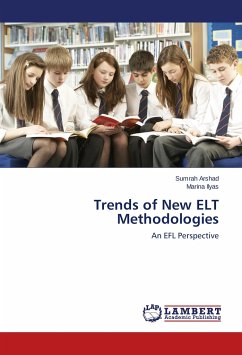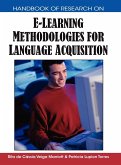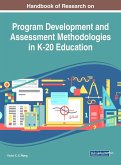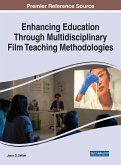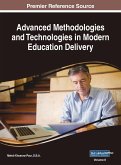The Need for Refining English Language Methodologies English language teaching (ELT) methodologies have evolved significantly over the years, moving from traditional grammar-translation methods to more communicative and student-centered approaches. However, as the world changes, so too must the methodologies used to teach English. Factors such as globalization, technological advancements, and the increasing diversity of learners necessitate continuous refinement of these methodologies.Globalization and Language Demand: As businesses, education, and communication transcend national borders, the demand for English proficiency has skyrocketed. This has led to an influx of learners from various linguistic and cultural backgrounds, each with unique needs. To meet this demand, educators must refine their methodologies to be more inclusive and adaptive, ensuring that all students can achieve a high level of proficiency regardless of their starting point.Technological Advancements: The digital age has introduced new tools and platforms that can enhance language learning. From online courses and language apps to virtual reality and artificial intelligence, technology offers unprecedented opportunities to refine English language teaching methodologies. However, effectively integrating these tools into the classroom requires a thoughtful approach, ensuring that they complement rather than replace traditional teaching methods.Blended learning combines traditional face-to-face instruction with online learning. This approach offers flexibility, allowing students to learn at their own pace and access a wealth of resources outside the classroom. Refining blended learning methodologies might involve optimizing the balance between in-person and online activities, ensuring that both components complement each other effectively. Additionally, developing online platforms that are user-friendly and tailored to language learning can enhance the effectiaveness of blended learning.The Role of Technology in Refining MethodologiesTechnology plays a crucial role in refining English language teaching methodologies. The integration of digital tools and resources can enhance the learning experience, making it more interactive, personalized, and accessible.Digital Platforms and Apps: Language learning apps like Duolingo, Babbel, and Rosetta Stone have transformed the way people learn English. These platforms use gamification, spaced repetition, and adaptive learning technologies to engage learners and reinforce their skills. Refining the use of these tools in formal education involves selecting apps that align with curriculum goals and using them to supplement classroom instruction rather than replace it.Virtual Reality (VR) and Augmented Reality (AR): VR and AR technologies offer immersive learning experiences, allowing students to practice English in simulated real-world environments. For example, students can virtually navigate an English-speaking city, order food in a restaurant, or participate in a business meeting.
Hinweis: Dieser Artikel kann nur an eine deutsche Lieferadresse ausgeliefert werden.
Hinweis: Dieser Artikel kann nur an eine deutsche Lieferadresse ausgeliefert werden.


